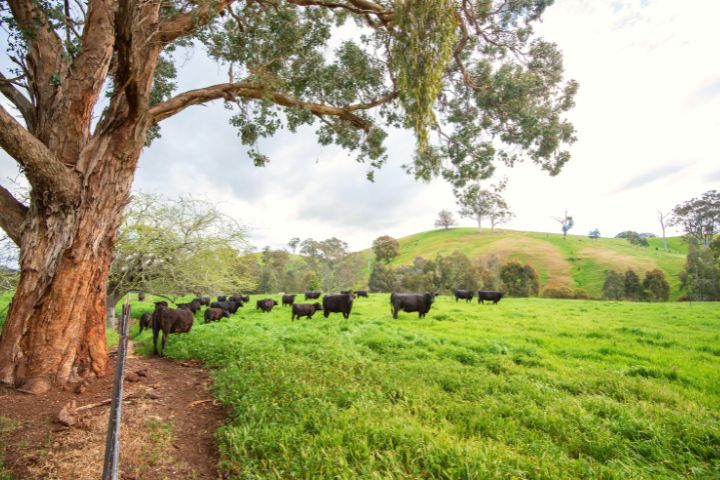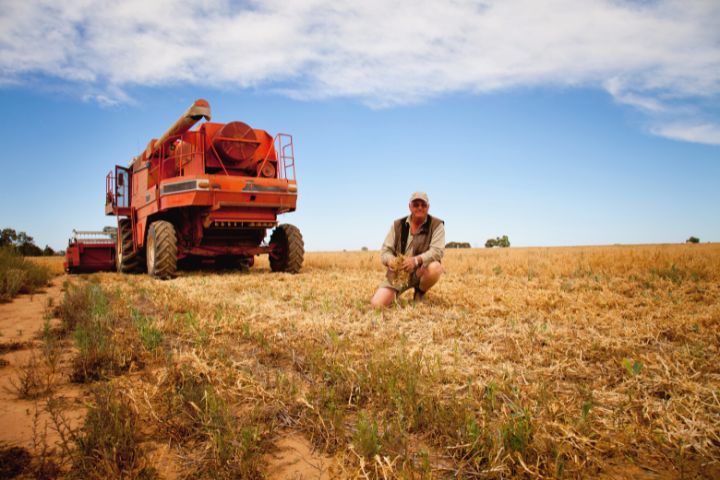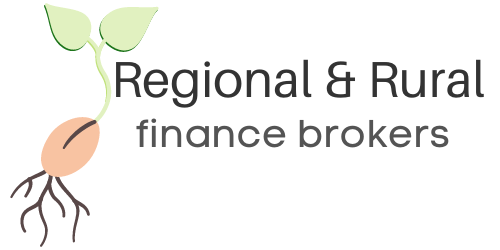A Farmer’s Guide to Insurance and Asset Protection
Insuring a farm is a bit like opening a can of worms, but it’s also an inevitable part of doing agribusiness. Between your own family home and all the required investment in farm equipment, finding the balance between reducing costs and not being underinsured can be quite tricky.
The farm’s success is ultimately about risk management and insurance is a key component.
While controlling expenses, ensuring proper maintenance, and other facets of the farm guarantee good books at the end of the month, protecting your assets with the correct kind of insurance is just as important.
Here are some farm insurance tips to help you go about protecting your farm.
Let’s Look at the Fundamentals
Farm insurance in Australia is usually available in something called a ‘farm insurance pack.’ This includes different kinds of combinations, which bundles the following:
- Farm machinery includes thefts and breakdown
- Farm property includes buildings and their contents
- Hay, livestock, and grain
- Motor, for farm and personal vehicles
- Fire, for inanimate objects as well, such as fencing
- Personal accident and sickness
- Domestic property and its contents
- Business liability
- Business interruption
Farm insurance can be bought by any Australian farmer, no matter the size of their farm. This depends on your situation. Some prefer specific farm insurance policies or general insurance. While it may seem like a good choice to go for the specialised option, it is not always the case, as general insurance may work out better.
Small and large insurers are able to offer you proper cover for your farm, be it a hobby farm or a larger, working farm. Specialist insurers usually have much to offer for specialised farms, such as wheat growers, while others provide good cover to those with cattle.
Farm Insurance Tips That All Farmers Should Know
Farming is a 24-hour business, 7 days a week. It is definitely something that needs to be insured, as it is a life-long investment and a huge responsibility. If you’re unsure where to start, here are some simple tips to remember regarding farm insurance.

Shop Around for Different Insurance Policies
When looking around for a new farm insurance policy, it’s always tempting to go with the first one that looks promising. While this may work out for some Australian farmers, it’s usually a bad idea.
Choosing the first insurance provider means you cannot compare your options, premium prices, or other factors that go into your farm insurance cost. The best thing to do is to compare quotes from various providers.
Speak with their brokers and pay attention to how they compile your quote. You would be dealing with insurance agents, so you need to see if they’re respectful and patient to understand your needs. Once you have a few quotes, choose the farm insurance provider with the best coverage and a good price.
Have a Plan of What You’re Going to Cover
Like many Australian business owners, most farmers are not covered properly. This means that they do not have enough coverage for the fundamentals of the farm. Since most farmers have money they put aside for insurance, many experts advise them to put those funds into covering the vital assets of the farm.
Many people like to try and cover everything, such as the house, the dog, and the motorbikes. With this, they do not have sufficient cover for other important assets. It is suggested to completely insure the profit-making things, such as machinery, hayshed, and the house, and take a chance with the dog.
Avoid the Online One-Size-Fits-All Farm Insurance
Looking for insurance online is easy and convenient, but it is not always advised. The inexpensive, one-size-fits-all farm insurance packs are not feasible, and farmers end up paying a steep price for less coverage. Many Aussies felt unsatisfied after opting for insurance policies online.
Insurance advice is based on visiting the farm and having a look at how everything works. This is the best way to evaluate what you can cover. After all, a call-centre employee is not a professional and has a basic understanding of a farm and how it works.

For example, the broker can let the farmer know which policy covers which items on the farm. They will go through the factors that go into calculating premiums and why some farms are more to insure. They will also explain the difference between insuring something for replacement or indemnity value.
Note the Less Obvious Threats
According to experts, the two policies you should consider are workers’ compensation and public liability. The chance of claiming from public liability is low but not impossible! If you do, you don’t have to worry about the money that will go out with the damages you must pay.
Many farm owners usually have a manager who takes over the day-to-day tasks of their farm. Apart from this, they also have employees. If you have workers, it is a legal requirement to get workers’ compensation.
It is also advised to have management liability insurance in the event of an employee lodging an unfair dismissal case.
Read the Terms of Your Policy
Even though many providers offer farm insurance, the terms of their policies are not the same. This means that you could end up getting a policy that sounds good but does not meet your needs or give you the coverage that will protect your business.
Therefore, you should always read the terms of your farm insurance policy in detail. Take your time and understand the coverage you will buy, how the claims process works, and things the policy will not cover.
If you have any questions, even if they seem small, ask them! These questions will help you make a good decision for your farm.
Don’t Choose a Farm Insurance Pack Based on Price Alone
Owning a farm means that you have a strict budget. If you spend more each month, you will go into your profits, which is why you would want a cheap insurance policy. While this is understandable, choosing coverage based on the price is a rookie mistake that can be avoided.

Farm insurance is somewhat different, and you get what you pay for. While comprehensive insurance policies cost a little more than bare-bones policies, you know that you are fully covered and protected.
Price is definitely an important factor but consider the coverage details too. Make sure that they meet your needs as a farm and business owner. While it may cost more, it benefits you in the long run as you know you are prepared for all contingencies.
Prepare for Possible Coverage Changes
You have to review your insurance policy every year. As your farm expands and you buy more equipment, crops, and livestock or change your business directive completely, your insurance must also change. The coverage you got the first time may not be enough to cover the new changes on the farm.
Instead of assuming that your existing farm insurance policy will hold, take the time to review your needs every year. Even if you haven’t made major changes, speak with an insurance agent to help you identify possible shortcomings in your policy.
Ask for Discounts
It is normal to think that the premium price that you’re quoted for insurance is set in stone. However, it is possible to ask for discounts.
Most Australian insurance providers offer discounts for certain kinds of farms. Speak to your insurance agent to see if you qualify for any discounts. If you don’t, you can see if you can improve your farm to get these discounts in the future. This helps you prioritise farm upgrades so you can have more savings in the end.
Choosing farm insurance does not have to be the hardest part of running your business. By following the above tips, you will be able to find a farm insurance policy that fits your needs and budget for years. Remember, you should work with experienced farm insurance providers to get the highest quality coverage.
Frequently Asked Questions

How does farm insurance help Australian farmers?
Having a farm insurance policy reduces possible farmer losses. Farmers are able to rehabilitate damaged properties and regulate their cash flow, as well as credit/finance investment for new tools, equipment, or advanced technologies, with this insurance.
Having insurance also reduces business risks. Sometimes, properties and equipment can break due to human error, not only natural disasters. The policy helps in managing setbacks with repairs or replacements. Also, the regular premium payment cannot be taken out before the policy expires, which encourages saving.
Should I insure my hobby farm?
Yes! If you begin selling the products or fruits/veggies on your farm, you should consider getting product liability insurance. You should also cover any equipment that you purchase. These insurance policies don’t have to be taken immediately; you can slowly build up to them. Making a list of long-term and short-term goals helps to succeed.
Do farmers pay tax in Australia?
If you have a farm for a profit or sell all/part of your farm for a profit, then you may be liable to pay capital gains tax (CGT). However, some concessions and discounts may be applicable for certain small businesses, trusts, and individuals. If your house is a part of the working farm, you may be eligible for a partial main residence exemption. Always talk to your accountant for taxation information and advice.

